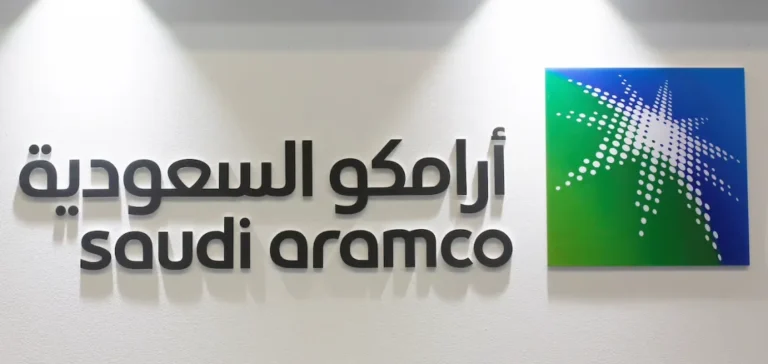Saudi Arabian Oil Company (Saudi Aramco) has announced a significant rise in its Official Selling Prices (OSPs) for oil shipments destined for Asian markets for August 2024. The benchmark Arab Light crude oil price thus increased by 1 US dollar per barrel compared to the previous month, reaching a differential of +2.20 USD per barrel. This increase, which exceeds the expectations of several market observers, also includes substantial hikes for other grades, such as Arab Extra Light (+1.30 USD), Arab Super Light (+1.20 USD), as well as heavier grades like Arab Medium (+1 USD) and Arab Heavy (+0.90 USD). These revised rates may notably alter purchasing strategies among major Asian refiners.
OPEC+ Quota Increase and Saudi Domestic Demand
This decision follows the announcement by the Organization of the Petroleum Exporting Countries and its allies (OPEC+) of a production increase of 548,000 barrels per day (b/d) for August, including 222,000 b/d allocated exclusively to Saudi Arabia. However, a significant portion of this increase is expected to be absorbed by the Kingdom’s domestic demand, traditionally high during the summer period. Throughout July and August, Saudi Arabia typically uses more crude oil for electricity generation to meet high domestic consumption driven by summer temperatures.
Impact of Regional Tensions on Prices
Meanwhile, ongoing geopolitical tensions in the Middle East, particularly related to the conflict between Israel and Iran, are significantly influencing market expectations. These tensions raise concerns about the security of regional oil supplies, indirectly contributing to upward price pressure. Several independent analysts indicate that these geopolitical uncertainties are among the reasons prompting Aramco to adjust its prices more sharply than anticipated.
Impact on Other Markets
Additionally, Saudi Aramco has announced moderate price increases for the North American market, up to +0.40 USD per barrel depending on the crude grade. In contrast, increases targeted at Northwest Europe and the Mediterranean uniformly reach +1.40 USD per barrel for all grades offered. This pricing policy could influence international trade flows, notably prompting certain European buyers to reconsider their sourcing strategies or seek alternatives from other oil producers.






















